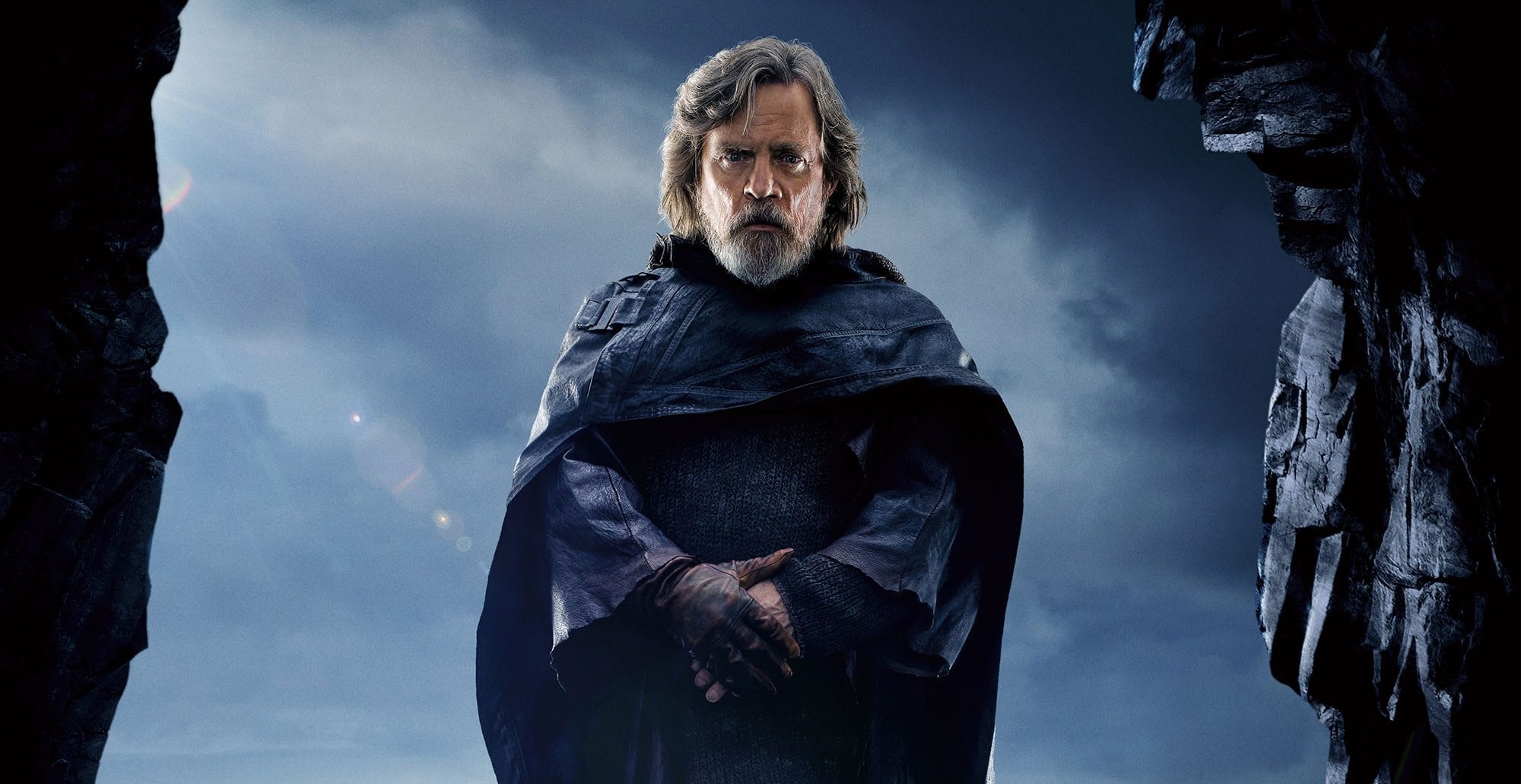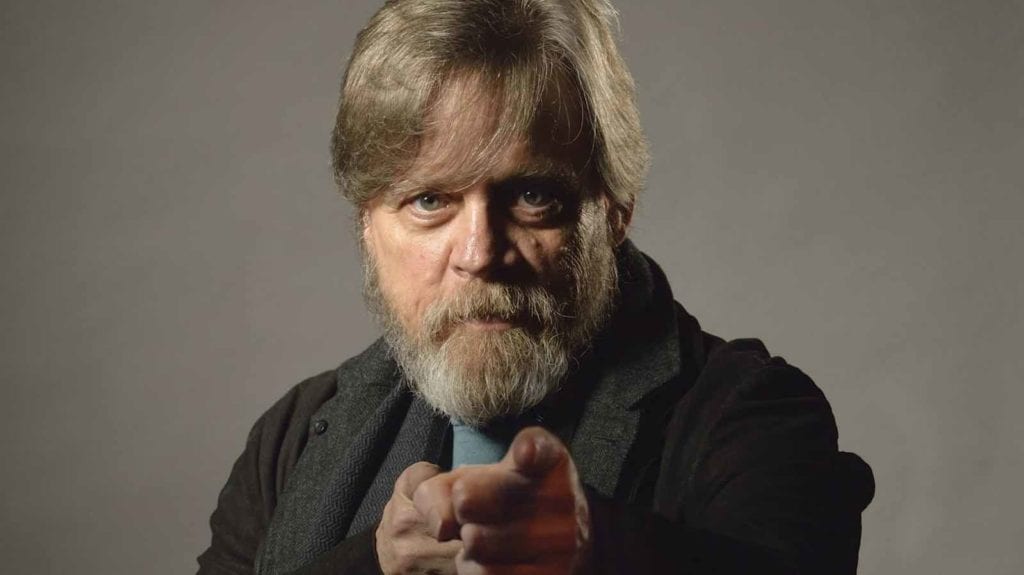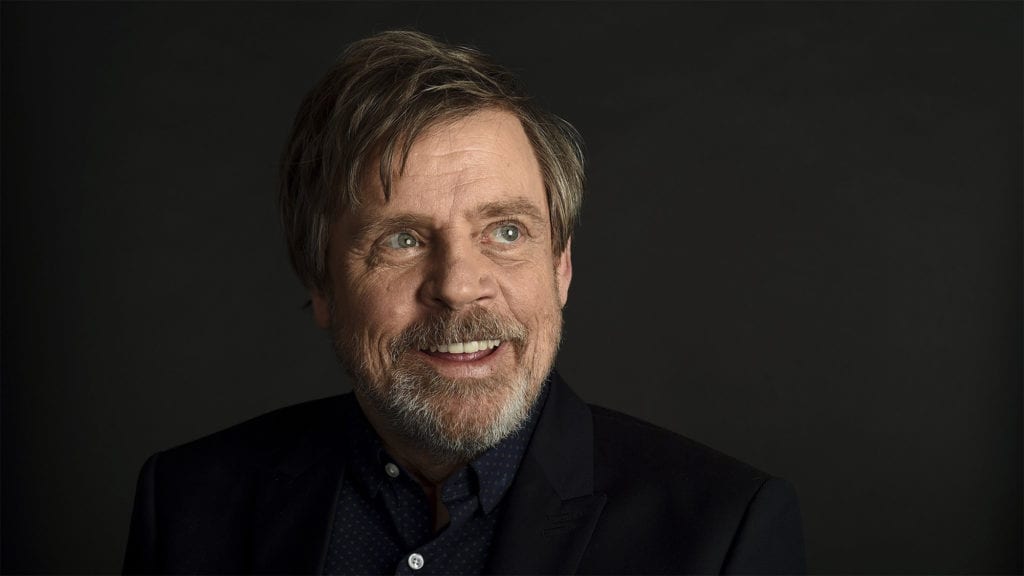
Just how did Mark Hamill raise Bert Kreischer’s net worth so high
Is it not astounding how our favorite movies can blur the lines between the glitzy realm of fiction and the humbling ground of reality?
Picture this: Bert Kreischer, a stand-up comedian, shares a real slice of his life through a 2016 routine, and fast forward to 2023, we see The Machine, an action-comedy film that mashes up true tales and cinematographic spices, ready to stir the audience into a whirl of emotions. But there lies a question, undulating between frames:
How accurately does the on-screen father-son dynamic mirror the Kreischer’s off-screen reality? More importantly, how does it affect his net worth? Let’s take a dive into his net worth and see how everything stacks up.

Fiction and Friction: Inside the Father-Son Dynamics
It’s crucial to peer into the glistening, sometimes turbulent waters of Bert Kreischer’s relationship with his father, Albert, as showcased in The Machine. In this exhilarating ride of a movie, we see Mark Hamill stepping into the shoes of Albert, delivering a powerful performance of a condescending father that leaves us pondering upon the complexities of parental relationships.
But here’s the catch: the pair aren’t just navigating the precarious relationship path – they’re embarking on a wildly fantastical journey, kidnapped and plunged into the heart of Russia in a quest that challenges and, interestingly, subtly mirrors, their own ties.
This embellished adventure, while a figment of cinematic creation, boldly underscores the essence of their on-screen relationship — one marred by mutual disdain and a glaring communication chasm. Yet, within this turbulent depiction, a more profound question sways in the cinematic breeze: Does real-life Bert harbor the same sentiments toward his father, Albert, as reel-life Bert does?

Truthful Threads in a Fabric of Fiction
Navigating through the semblance and disparity between the actual and on-screen persona, it’s worth noting that the present-day storyline of The Machine — think kidnapping, the frantic dash through Russia, and the tension-strung relationship — is crafted predominantly from the creative minds at the drawing board.
The historical segments, anchored in 1999 and sprinkled with genuine anecdotes of Bert studying in Russia, however, root themselves more firmly in reality. In a candid conversation with the Los Angeles Times, Bert allows a peek into his real-world relationship with his father.
The narrative seems to drift slightly away from the strained ties reflected on screen, hinting at a bond that, while not without its own set of complications, possibly sails on calmer waters. The real Bert shared glimpses of his interactions and similarities between Hamill and his actual father, which added a nuanced, authentic flavor to the latter’s on-screen portrayal. This has clearly made a splash to his net worth of over $14 million.

A Karpets’ Tale: Reality Versus Reel Business Ventures
“The Machine” fleshes out Albert’s character as the proud owner of Kreischer Karpets, a carpet business firm firmly grounded in the sandy shores of Florida.
But when the spotlight shifts from the screen to reality, we find no trace of Kreischer Karpets in the business landscapes of Florida — simply because it never existed. Bert’s real-life father didn’t weave his career in the carpet industry but instead, navigated the legalities of the real estate realm, operating as an attorney.
With the fictional business, the stretched and exaggerated parental relationships, and a rollercoaster of an adventure that Bert and Albert never quite embarked on, The Machine weaves a tapestry that is undeniably rich in cinematic allure and comedic treasure, albeit distanced from the reality it draws inspiration from.
Diving deeper into The Machine and its dramatized reflection of relationships, familial enterprises, and daredevil adventures, one cannot help but appreciate the delicate, yet intriguing blend of true tales and fictional extravaganzas.
After all, isn’t that the magic of movies – to whisk us away into a world that oscillates between the tangible and the fantastical? And in doing so, perhaps it leads us to ask: How often do our own lives, relationships, and adventures become entwined with the stories we see on screen?







